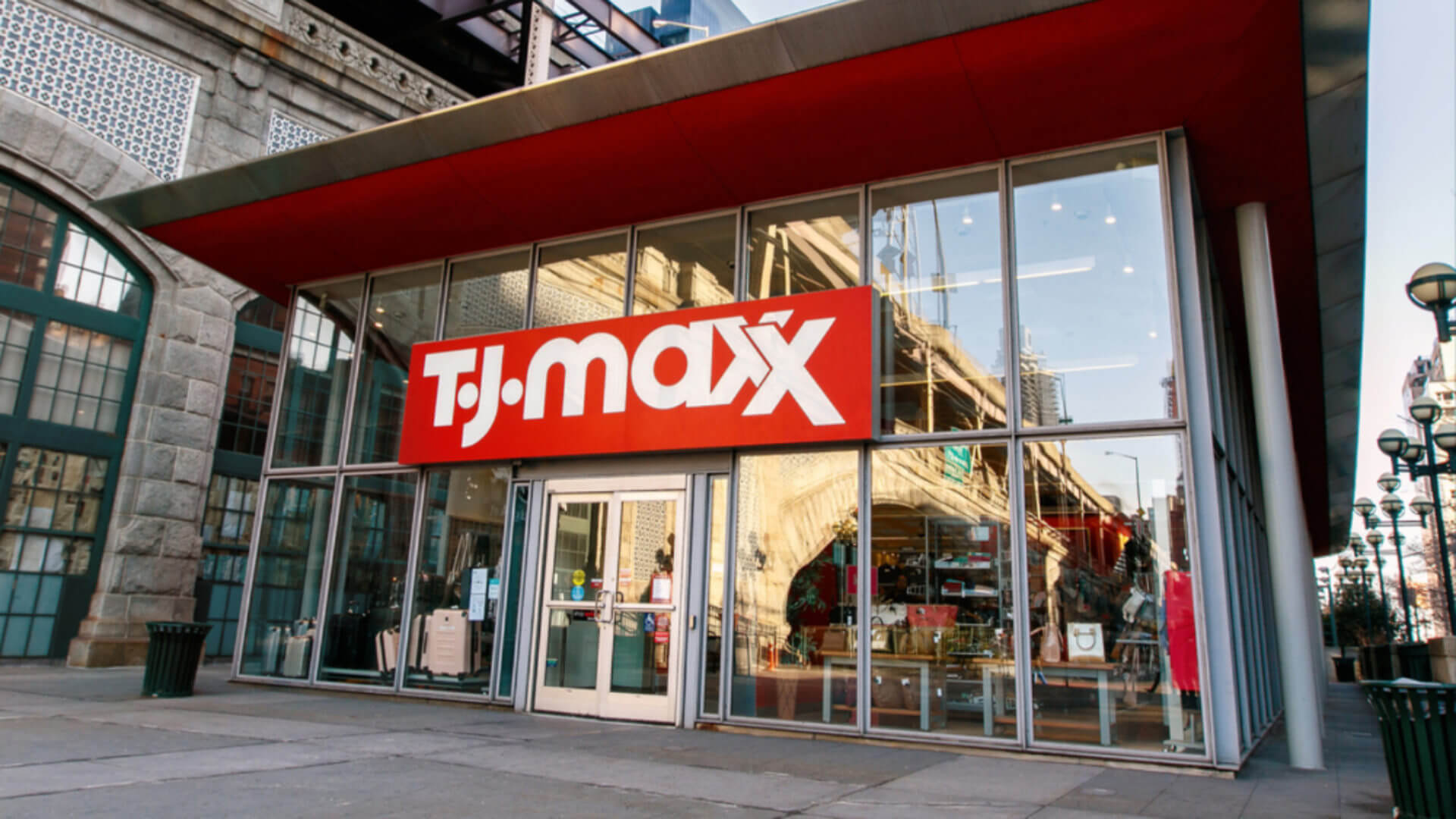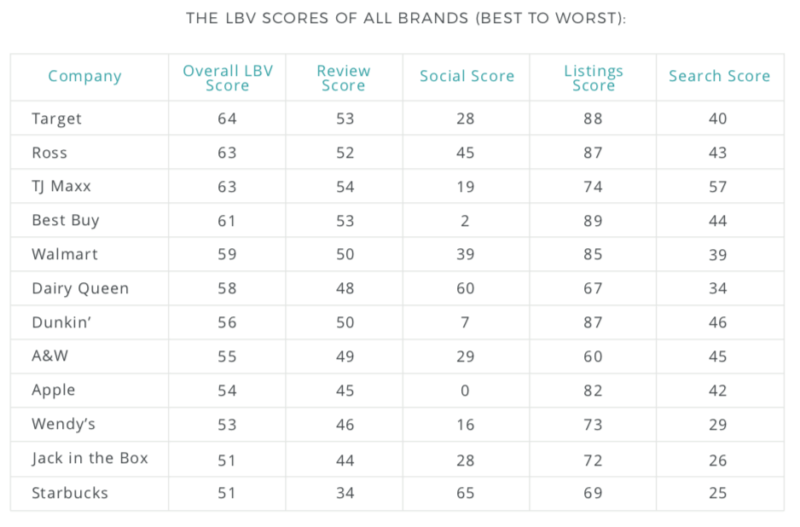Study: Brands are failing voice search optimization in 3 key areas
Brands had limited or non-existent review-response strategies, failed to optimize for unbranded keywords and didn't do enough local-social posting.
Optimizing for voice search is synonymous with optimizing for local SEO since both are “about ranking as high as possible” in search results, says a new report by Chatmeter, which scored 12 major retail and restaurant brands to assess their voice-search readiness, including Target, Walmart, Apple and Wendy’s among others.
A ‘complete’ local SEO strategy. Chatmeter defines a “complete local SEO strategy” as one that involves reputation and listings management, local SEO, local pages and local social media pages.
The company created a “local brand visibility” score that combines reputation, social media and local SEO elements: “customer activity levels, listing accuracy, rankings, customer ratings, and local competitors all factor into the score.” The idea is those that are ranking for local queries will also be found in voice search results.
Target wins, Starbucks loses. A score of more than 70 is considered an industry leader, between 50 and 70 is average and below 50 is poor. None of the brands in the study qualified as an industry leader in terms of visibility. And Starbucks was on the edge of a failing grade. The overall winner was Target.
The brands with the strongest showings in each of the categories was as follows:
- Review score — TJ Maxx
- Social score — Starbucks
- Listings — Target
- Organic search — TJ Maxx
Chatmeter observed that all brands were weak (to varying degrees) in three key areas: review response strategy, local social media and optimizing for unbranded keywords. Listings accuracy is where most brands in the study (including others beyond those above) did fairly well.
Why you should care. Presumably, the SEO problems that Chatmeter identified are common among multi-location brands and enterprises. The company advises brands to address these areas (reviews, local-social, unbranded keywords) for meaningful improvements in their local rankings generally and voice search in particular.
Some SEOs might dispute the idea that voice search optimization is identical to local SEO optimization. But there are key areas of overlap, at a minimum.
Mobile searches carry a heavy dose of local intent and voice searchers are more likely to be looking for location information. At least that’s according to a 2010 stat, which has been widely republished.
Opinions expressed in this article are those of the guest author and not necessarily Search Engine Land. Staff authors are listed here.
Related stories

